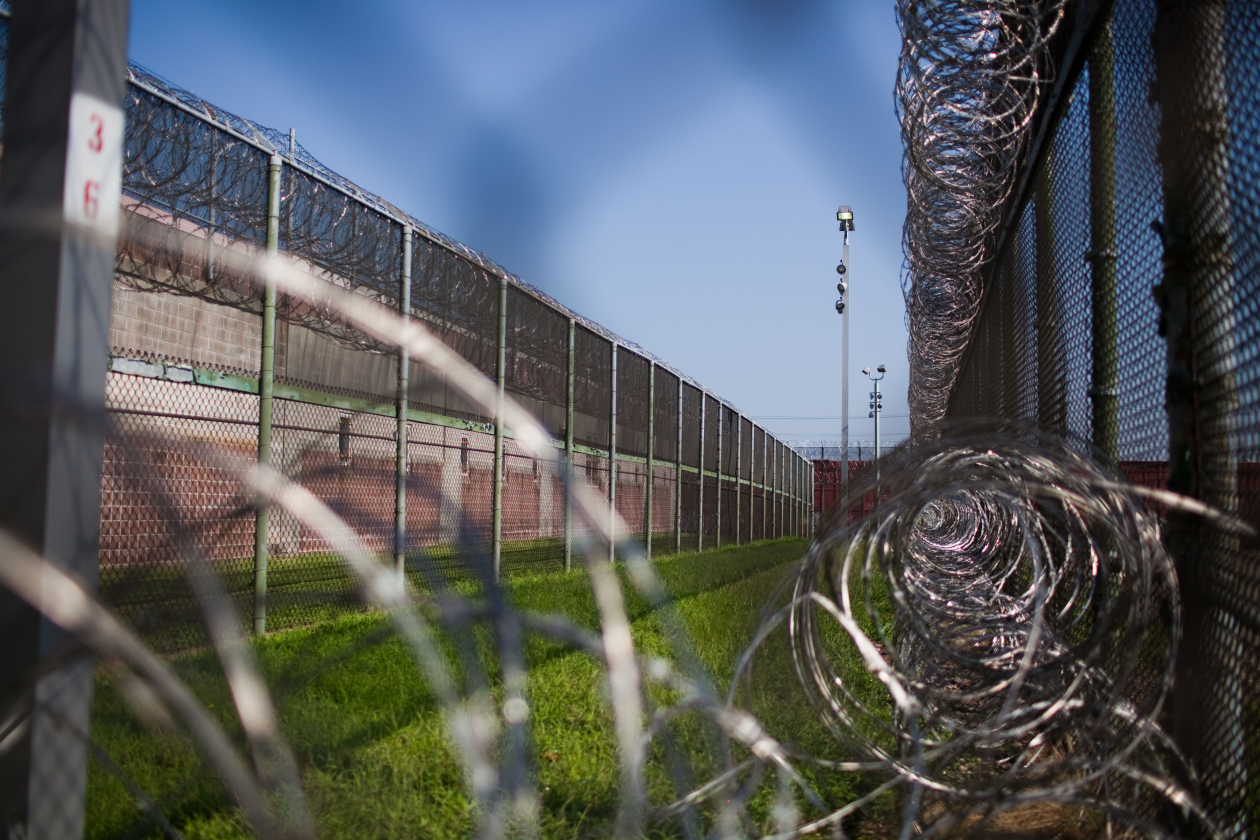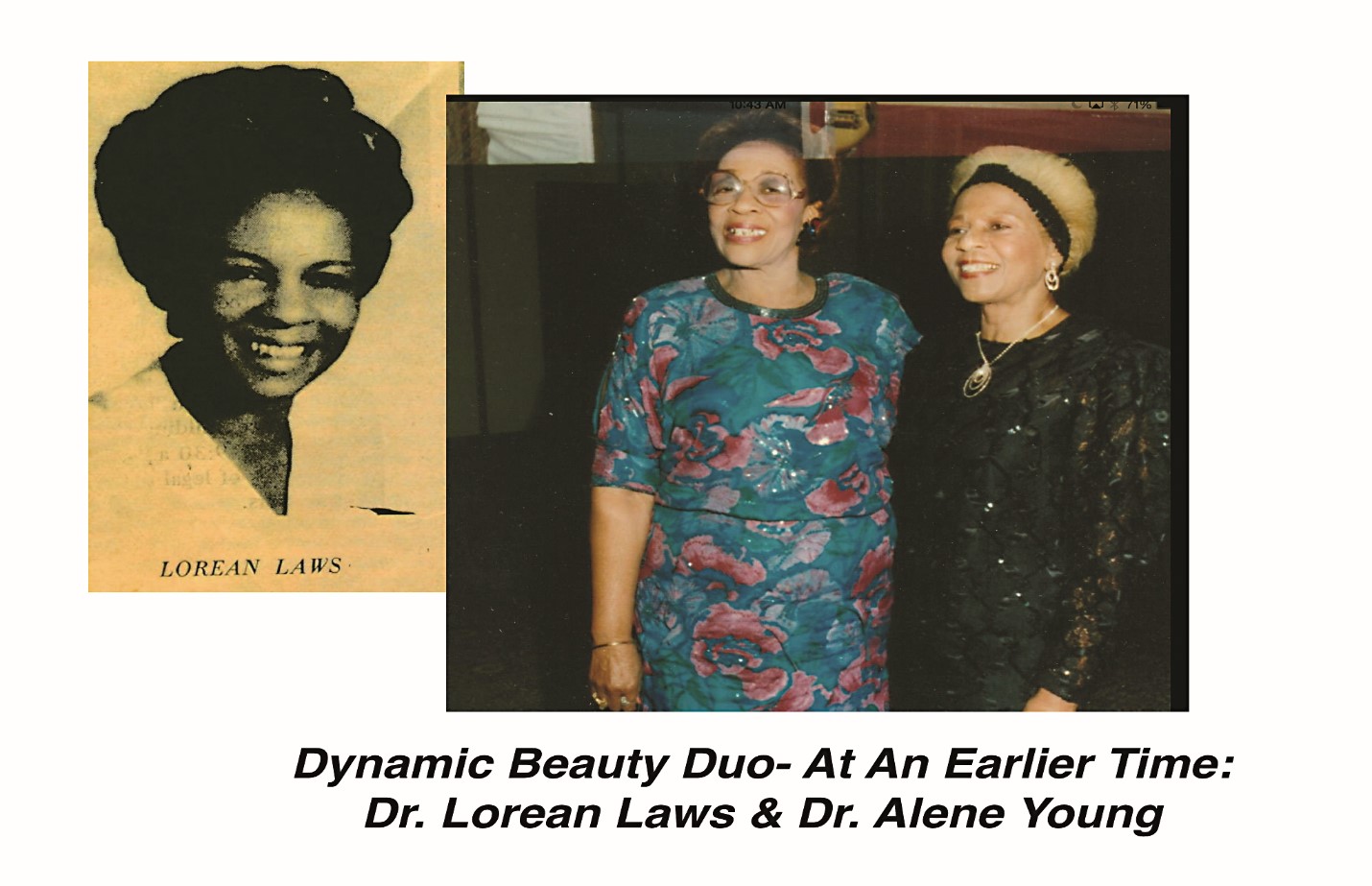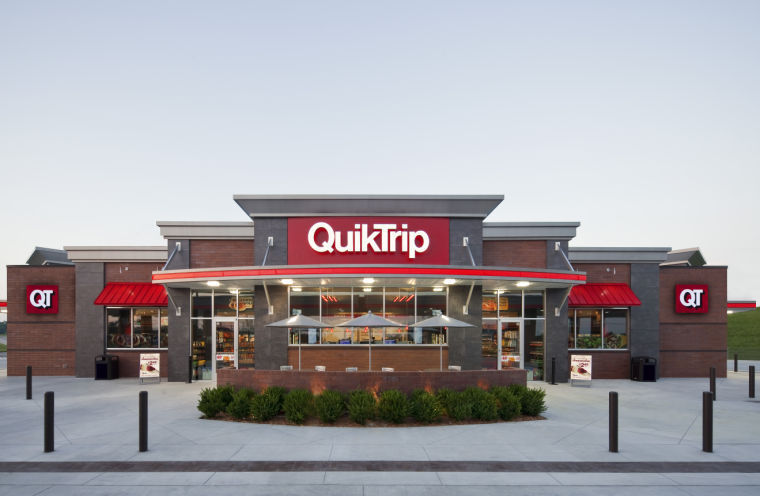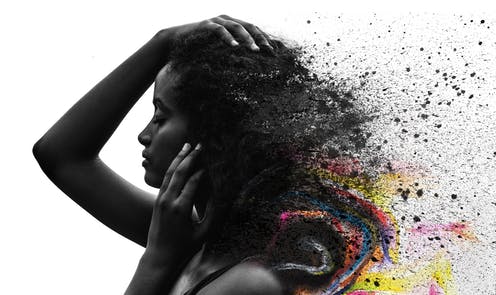
www.wsj.com
By Kate King
Disparity in African-American incarceration cited
New Jersey lawmakers are proposing a bill that would make the state the third in the country to allow prisoners the right to vote.
The bill would let people who are incarcerated, on parole and under probation supervision vote, a change supporters say is critical to addressing racial disparities in New Jersey’s criminal justice system. Under current law, New Jersey residents can’t vote if they are incarcerated or on parole or probation. About 94,000 people currently fall into these categories, according to state officials.
Shavonda Sumter, a state assemblywoman from Paterson, N.J., said black residents make up a disproportionate share of the state’s prison population—and stripping them of their voting rights violates constitutional protections that that say people can’t be prevented from voting based on their race.
New Jersey has the country’s largest racial disparity in incarceration rates, according to the Sentencing Project, a group that advocates for criminal justice reforms. About 60% of the state’s prison population is black compared with about 15% of the general population.
State Sen. Gerald Cardinale, a Republican, said he worried that incarcerated people could become a powerful voting bloc that would roll back criminal punishments if given the right to vote.
“They have a different mind-set than the average law-abiding citizen,” Mr. Cardinale said. “What kinds of laws would they be likely to support? Do you want to make it OK to sell dope? Do you want to make it OK to rape? Do you want to make it OK to rob?”
State Sen. Ronald Rice, a Democrat, said there is no evidence to show a correlation between crime and voting rights. “The punishment should always fit the crime,” he said.
A spokesman for Gov. Phil Murphy didn’t comment specifically on the proposed bill, but said the governor supports “legislation that expands access to the ballot.”
Vermont and Maine are the only states where criminal convictions don’t affect voting rights, according to a November report by the National Conference of State Legislatures.
In Florida, people with felony records can only have their voting rights restored by a clemency board. A November ballot measure will ask Florida voters whether to automatically restore voting rights to people convicted of crimes after they complete their sentences, except for people convicted of murder or sexual offenses.
Write to Kate King at Kate.King@wsj.com










